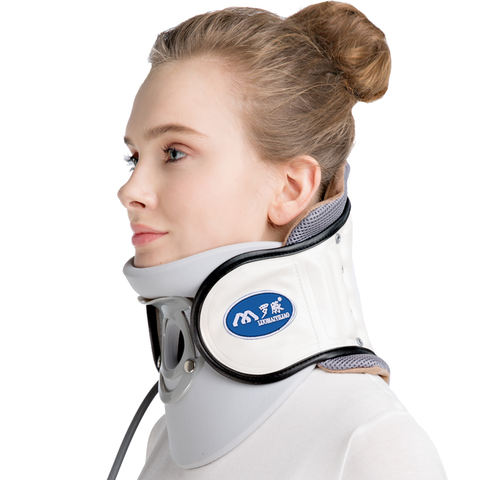Traditional Chinese medicine believes that the smooth flow of meridians is key to maintaining good health. When the meridians are blocked, the body will emit a series of signals.
Cold sensation: A certain part of the body feels unusually cold, especially the limbs, which may be due to poor qi and blood circulation, making it difficult for blood to reach that area. Soaking the feet in hot water can effectively relieve the coldness of the limbs, it is recommended to soak until sweating slightly on the back is appropriate.
Heat sensation: In the absence of obvious external reasons, a part of the body experiences persistent low-grade fever, dryness, and abnormal sweating, which may be the result of the inability of internal heat to dissipate normally through the meridians. Some local low-grade fever issues may be related to the qi and blood condition of adjacent meridians.
Pain: Although “pain” and “ache” are similar, they have differences. “Pain” usually refers to a sudden sharp sensation, indicating the initial blockage of the meridians; while “pain” is more persistent and widespread discomfort, indicating aggravated meridian blockage. For pain, local massage or gua sha can be used to act directly on the painful area to promote meridian clearance.
Numbness: Feeling frequent numbness in the legs or feet, often accompanied by pain, is often a sign of meridian blockage and poor qi and blood circulation. Adjusting posture can usually alleviate this symptom. In traditional Chinese medicine theory, “numbness” is often caused by qi deficiency, while “woodiness” is more related to blood deficiency.
To promote the smooth flow of meridians, the following daily healthcare methods can be tried:
– Ear massage: Hold empty fists with both hands, gently rub along the ear wheel with the thumb and index finger to promote kidney qi circulation. – Hair combing: Use fingers or a wooden comb to comb from the forehead to the back of the neck, stimulating head acupoints and enhancing head blood circulation. – Lotus sitting posture: By changing the position of the legs, gently move various ligaments in the body to maintain the elasticity of muscles and meridians. – Five-character breathing method: Silently recite specific phonetic sounds (xu, he, kou si, chui, hu), corresponding to liver, heart, lungs, kidneys, and spleen, helpful in regulating the function of the five viscera.
In summary, paying attention to and maintaining the smooth flow of meridians is crucial for preventing and alleviating various bodily discomforts, and should be integrated into daily habits.


